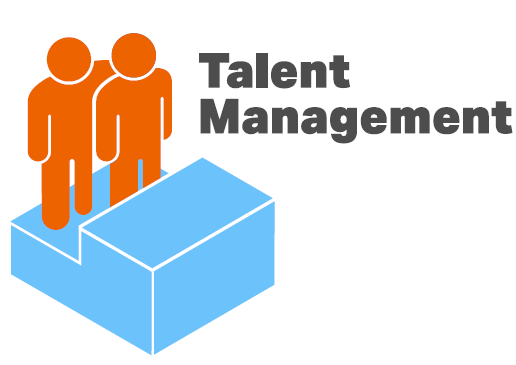Workforce development and employee learning are the two most vital aspects of long term talent management in the enterprises of today. These form the very foundation of the overall strategic direction and growth of the organization, and as such, require superior Talent Management models to be effective. Employee performance is another pillar of strategic organizational growth, simply because high performance oriented employees make a company grow in leaps and bounds, while the opposite, low performing or non-performing employees can literally spell doom for business operations. An effective Talent Management strategy makes it possible for the business to thrive even in adverse situations simply by the strength of employee performance and workforce accomplishments.
Technology in Talent Management is a force to reckon with. Mundane and repetitive tasks are automated, and the wave of data that employees generate is gathered and analyzed to make accurate and futuristic decisions in an informed manner. This is the era of the cloud-based HR management tool and Talent Management models can now be personalized and every aspect managed in a centralized manner.
The primary reasons why a Talent Management strategy that places significant emphasis on employee learning and development are many and varied. Some of them are:
Greater Employee Engagement– Learning and Development technology in Talent Management systems lead to a far greater employee engagement than any other resources, if new research in Talent Management is to be believed. Many companies choose to offer subsidized certification programs to their employees. If an employee is pursuing further knowledge in a work related area, they are more likely to be more engaged and motivated to perform better.
Performance Enhancement– More knowledge almost automatically builds greater skills, which in turn, leads to better performance. This is a cardinal rule of Performance Management, and therefore, a talent management model that lays sufficient emphasis on the overall skill building of the employee will naturally lead to better performance among them. This greatly benefits the organization’s growth plan.
Employee Retention– Employee retention is another important and major benefit of learning and performance oriented talent management. Employees usually leave a company for their own growth, and if this growth is provided within the company itself, then a lot lesser number of employees are likely to leave the organization.
Significant Return on Investment– The ROI aspect of a good talent management model cannot be overlooked. Companies invest in people, and when these people learn more and perform better overall, the investment bears exponential returns. Repeated researches have shown that investing in learning and development, coupled with effective performance management, is by far the best investment the HR can make in a Talent Management model. This bears great and almost immediate returns.
The worth of an organization is the sum total of the skills of its people. With the help of technology in talent management, managers can use the very best of practices to build the organization ground up as a competent, effective and efficient business, providing immense benefits to employees and customers alike.
